Our host Vick Hope is joined by Tracy Chevalier on this episode of Bookshelfie where they discuss the art of writing, as well as the inspiration behind her new novel The Glassmaker.
Tracy is an award-winning American-British novelist of 11 books, including the immensely popular Girl with a Pearl Earring, which has sold over 5 million copies worldwide and was adapted into a film, which was nominated for three Academy Awards. Tracy’s latest novel, The Glassmaker, follows a family of Venetian glassmakers from the Renaissance to present day. Listen to the full episode here and read on to see Tracy’s top five most influential books written by women.
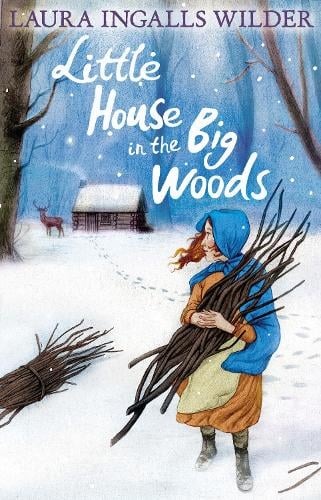
This is probably the first ‘historical novel’ I read, though I didn’t realise it at age 7. I adored this series as a girl for its relatable main character and the pungent details of daily life as 19th-century American pioneers.
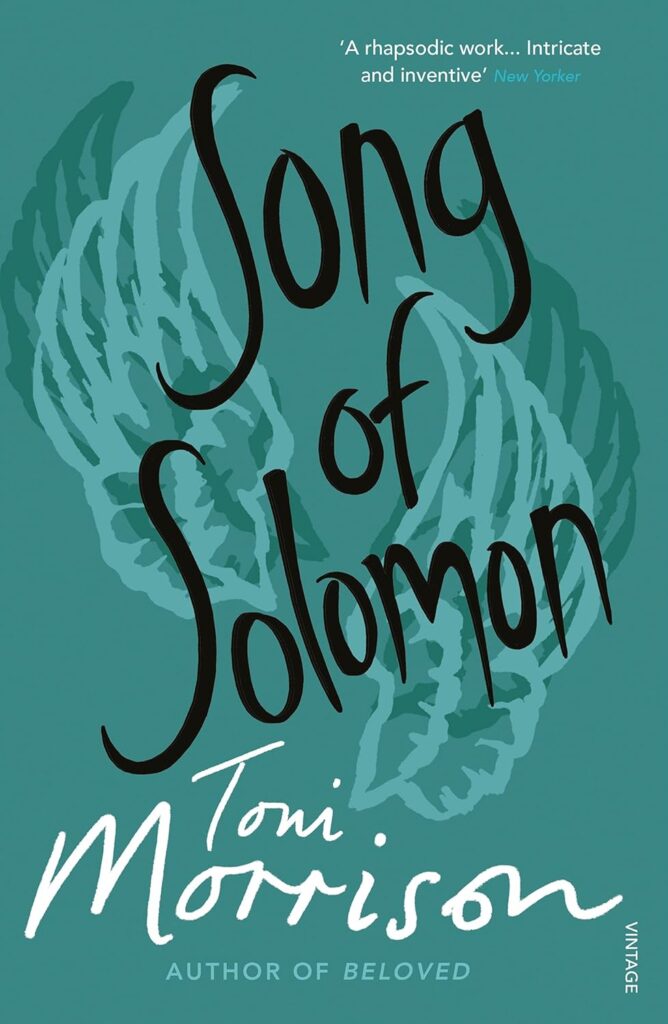
Most people list Beloved as Morrison’s best, and it is a masterpiece. But this was the first of her novels I read, at university, and it made a big impact on me with its mix of the gritty realism of American racism with vivid imagery and magical realist elements. I am not normally a magic realist fan, but Morrison uses it beautifully here.
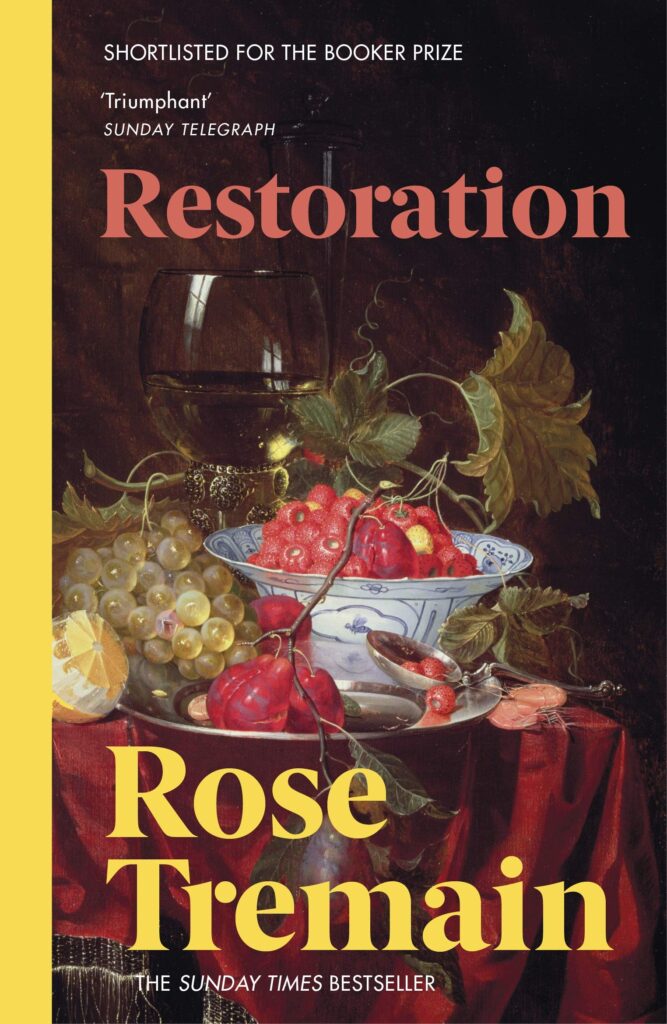
Rose was my tutor when I did an MA at UEA, and I read this historical novel almost in preparation. Maybe its lively approach to history is what led me to add a historical setting to my first novel, The Virgin Blue, which I started on the MA course.
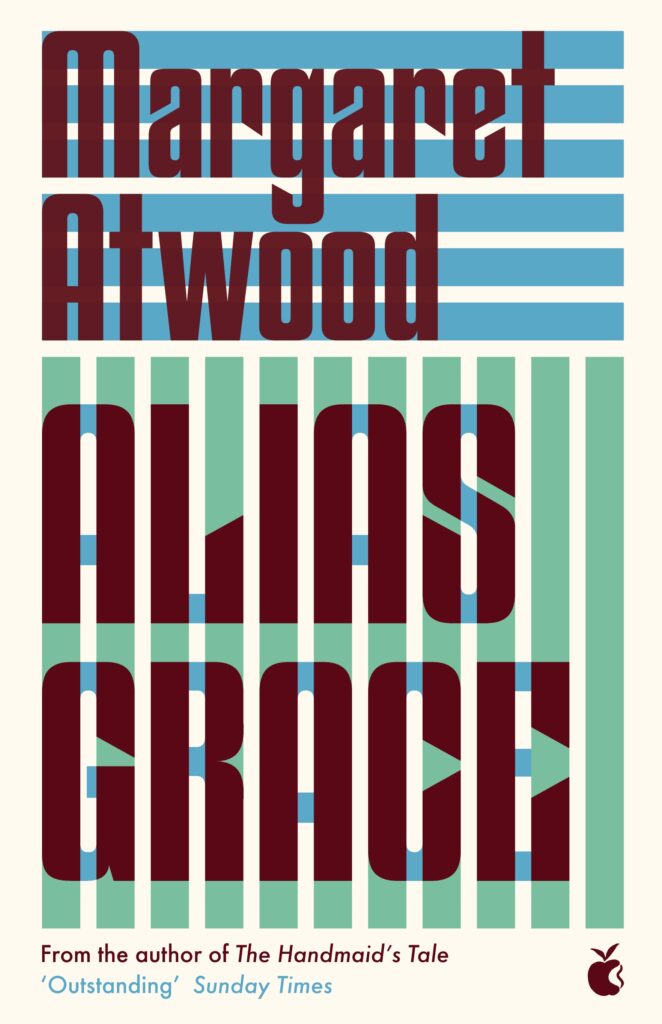
I have always admired Atwood for the breadth as well as the depth of her writing. She’s covered dystopian, satire, realist fiction as well as poetry and nonfiction. But Alias Grace surprised me – an historical novel that is a masterclass in unreliable narration and manages to maintain Atwood’s sharp, amused, world-weary modern tone without feeling anachronistic.
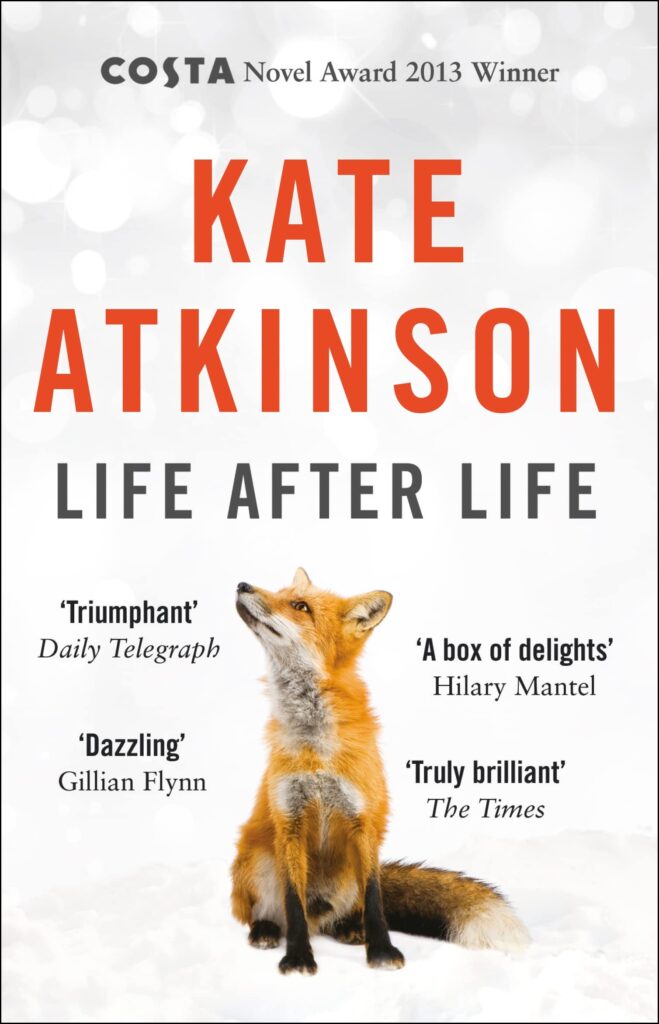
This is a genius of a novel. It plays with time so cleverly yet reads easily and pulls us straight into a woman’s life so that we care about what happens to her – all the possible strands of it. When I was writing The Glassmaker I referred back to it when I was working out my own playfulness with time.








